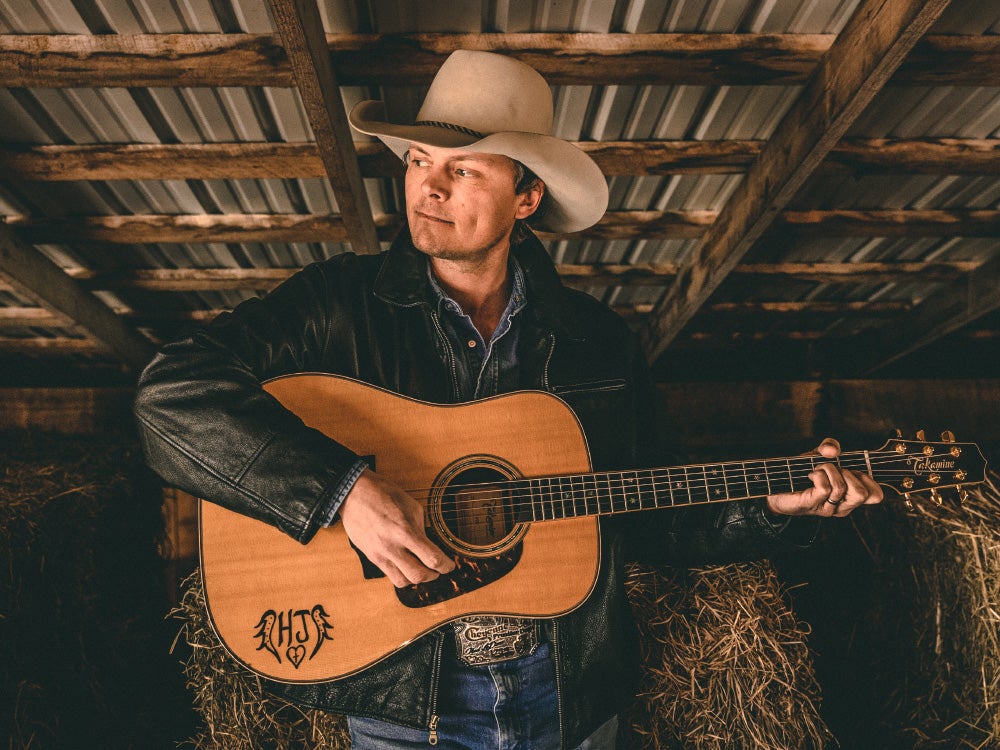Introduction

”Johnson County War” by Ned LeDoux is a powerful narrative ballad that brings to life one of the most infamous episodes in the history of the American West—the Johnson County War of the early 1890s. The song recounts the escalating tensions between small homesteaders and powerful cattle barons in Wyoming, culminating in a violent conflict that drew national attention.
The Johnson County War was rooted in disputes over land, water rights, and accusations of cattle rustling. Large cattle companies, organized under the Wyoming Stock Growers Association (WSGA), sought to maintain control over vast open ranges, often at the expense of smaller settlers. These tensions erupted into violence when the WSGA hired armed men to eliminate those they labeled as rustlers, leading to a siege at the TA Ranch near Buffalo, Wyoming. The conflict ended only when the U.S. Cavalry intervened, but the aftermath saw little justice, as the hired gunmen faced no significant consequences.
LeDoux’s song captures this turbulent period through the eyes of a settler who witnesses the transformation of hope into hardship. The lyrics detail the initial optimism of settling in the Bighorn Mountains, the challenges of frontier life, and the eventual descent into conflict. Events such as the murders of Ranger Jones and John Tisdale, the burning of the Kaycee Ranch, and the standoff at the TA Ranch are vividly portrayed, highlighting the complexities and injustices of the era.
By weaving historical events into a personal narrative, “Johnson County War” serves as both a tribute to the resilience of early settlers and a critique of the power dynamics that shaped the American frontier. The song stands as a poignant reminder of a time when lawlessness and ambition often overshadowed justice and equity.